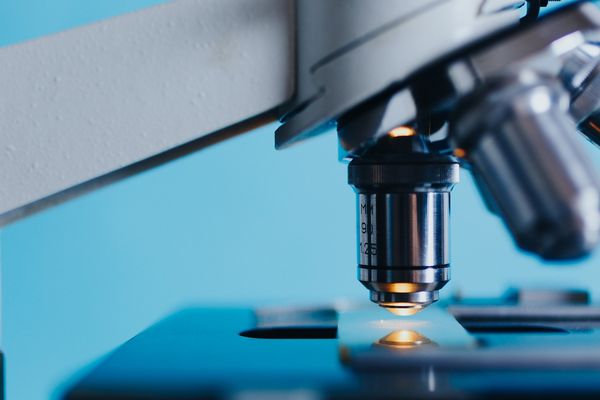About This Webinar
Microspectroscopy is the practice of performing various spectroscopies with sampling at the microscale and below. The standard microscope from any of the major microscope manufacturers presents a natural platform for such studies due to its ubiquity and sturdy optical design, and many researchers have long customized this platform for spectroscopy. Though it is appealing to multiplex the native imaging functions of the microscope with spectroscopy, such an effort can be challenging because most microscopes are inherently imaging devices in the visible range of the optical spectrum, and the optical design considerations that go into the standard microscope's imaging are much different from those for a broad spectrum spectroscopy instrument.
In this presentation, Ndi offers a novel concept that adds various spectroscopies to any optical microscope — the so-called Standard Microscope Spectroscopy (SMS) systems. Because the systems are designed to decouple the key optics required of spectroscopy from those of imaging, they enable functional optimization of spectroscopic performance without compromising the native imaging functions of the microscope. Furthermore, thanks to their flexible and modular design, SMS systems enable multiplexing of various complimentary spectroscopies on one platform, which is not only cost-effective but also facilitates acquisition of different but complimentary spectra from the same micropoint on the sample. This functionality can be readily added to a user's existing microscope.

***This presentation premiered during the 2021
Photonics Spectra Conference Spectroscopy track. For information on upcoming Photonics Media events,
see our event calendar here.
About the presenter:
Francis Ndi, Ph.D., is global product line manager for the custom spectroscopy solutions division (OSD) at HORIBA Scientific. This unit specializes in offering modular and flexible spectroscopy solutions for customers whose needs are not readily met with standard systems. These solutions range from components such as spectrometers and CCD detectors to full turnkey systems. Ndi joined HORIBA as an applications scientist, and he was also responsible for the export business of the company.
About the sponsor:
HORIBA Scientific, part of HORIBA Instruments Inc. and headquartered in the U.S., provides an extensive array of instruments and solutions for applications across a broad range of scientific R&D and quality control measurements. HORIBA Scientific is a world leader in OEM spectroscopy, elemental analysis, fluorescence (including the PTI brand), forensics, glow discharge spectrometry (GDS), inductively coupled plasma (ICP) spectroscopy, particle characterization, Raman, spectroscopic ellipsometry, sulfur-in-oil, surface plasmon resonance imaging (SPRi), and water quality measurements, as well as x-ray fluorescence (XRF).
HORIBA provides multifaceted data solutions for some of the most advanced cutting-edge scientific research and technologies. Its instruments are found in universities and industries around the world. Proven quality and trusted performance have established widespread confidence in the HORIBA brand. HORIBA supplies over 500 types of scientific analyzers to universities, research institutions, various manufacturing industries, and the government.